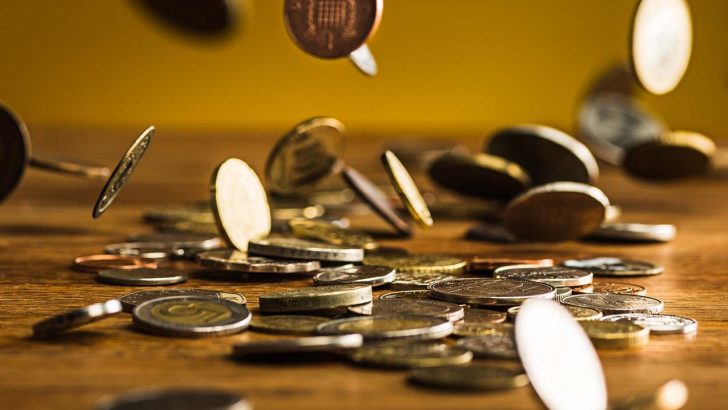Children’s Corner
Ireland has been using the euro currency for almost 20 years so it’s no wonder that some of our coins have become so dirty they’re almost unrecognisable from their former shiny splendour. If you have lost hope in them, never fear, there’s a fun way of giving them a good polish without the elbow grease! By assembling a few household items you can conduct an experiment that will not only clean your coins but also prove the effectiveness of the certain method compared to others.
Apparatus:
-three dull coins
-two cups
-Vinegar
-Liquid soap
-Kitchen towel
Method:
-First things first, have a guess which liquid would make a coin shine.
-Set one coin aside. Put each of the other two coins into its own paper cup.
-In one cup, pour enough vinegar to cover the coin.
-In the other cup, pour enough liquid soap to cover the coin.
-Wait at least 10 minutes.
-Remove the coins, rinse them in water, and rub them with a kitchen towel.
-Compare all three pennies.
Results
After examining the coins, you will find the coin that was submerged in vinegar will be far shinier. Coins become dull over time as the copper on the surface reacts with oxygen from the air. The two elements combine to form dark chemicals called copper oxides. The acetic acid in vinegar dissolves these chemicals and leaves the copper surface of the coin looking shiny. Soap can clean lots of things, but it can’t dissolve copper oxides.
If you want to go a step further, younger children can be helped to do the experiment again with more coins. With your child, collect 10 coins and count them one at a time. Before placing the coins in the vinegar, have a chat about what they look like. Think about colour, shape, and size. Repeat the experiment and then talk about the pennies again after they are shiny and rinsed. What is different about the pennies? What is the same? Finish up by counting the pennies again and adding them to your child’s piggy bank.
For older kids they can take the experiment a step further. Originally the penny was left in the vinegar for 10 minutes. What do you think would happen if you left it in for 30 seconds? What if you left it in for an hour? What would happen if you put only part of the coin in the vinegar? Make a guess and test these ideas with other coins. If you run out of vinegar, you can also use other acidic liquids, such as lemon juice or pickle juice.


 Chai Brady
Chai Brady
